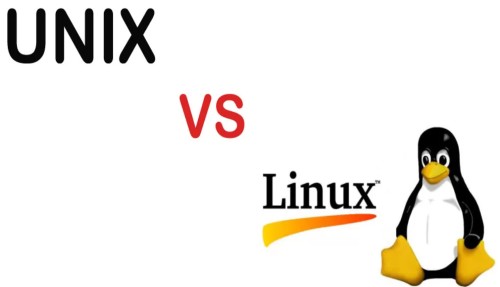In the world of technology, Linux and UNIX are both widely used operating systems due to their high versatility and reliability. While both OSes are considered to be highly efficient and secure, there are some important differences between them that you should keep in mind.
Linux is an open-source system that is freely available for anyone to use and modify. UNIX is proprietary and must be purchased from a vendor in order to use it. It has been around longer than Linux and is typically used by larger businesses.
Unlike Linux, UNIX has a single-user design which makes it better suited for mission-critical tasks where security and stability are paramount. This means that only one user can access the system at a time and that user has full control over system resources. In contrast, Linux has a multi-user design, meaning multiple users have access to the same system simultaneously. This makes it better suited for environments where multiple users need to access the same resources.
Another difference between Linux and UNIX is in their respective kernel types. Linux uses the Linux kernel, which is an open-source project that is always being improved and updated by developers. UNIX, however, uses the UNIX System V (SysV) kernel, which is more rigid and requires more effort to maintain.
Finally, Linux and UNIX differ in terms of their application support. Linux has many applications available for it, such as web browsers, office suites, and media players. UNIX also has a wide selection of apps available, but they tend to be geared more towards technical computing and server management rather than consumer-level applications.
Overall, while Linux and UNIX are both highly reliable and versatile operating systems, they have significant differences worth noting. Depending on the needs of your organization or business, one or the other may be the best choice.




